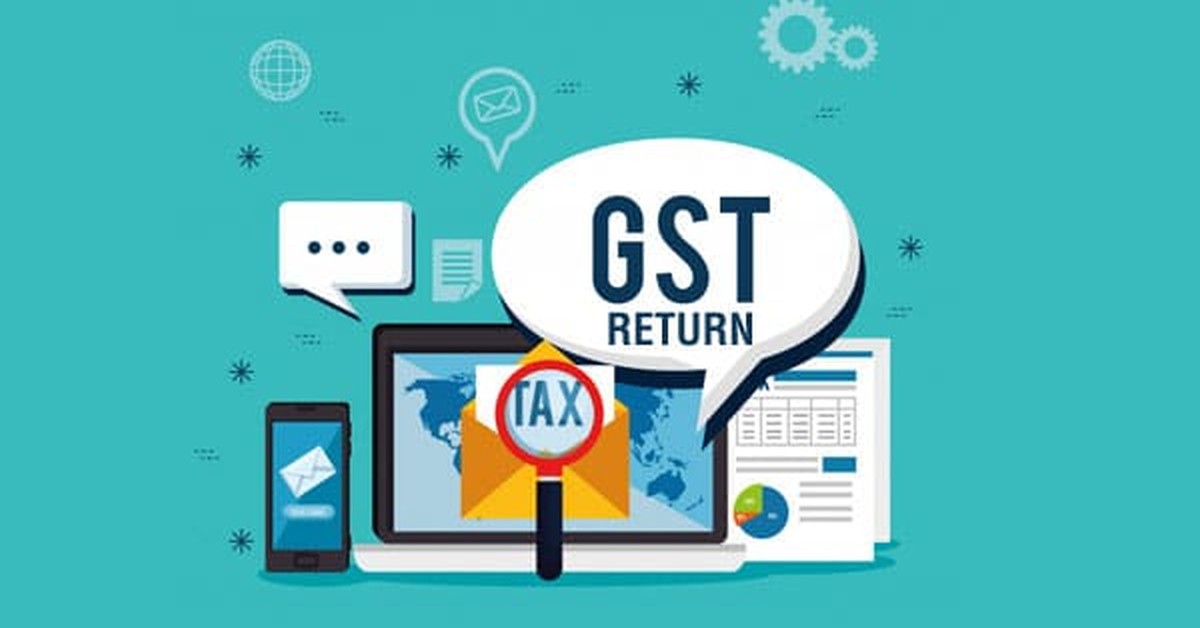Introduction
The Quarterly Return Filing Scheme permits eligible taxpayers to file their GSTR-1 and GSTR-3B returns on a quarterly basis, in preference to month-to-month. Quarterly Returns Monthly Payment (QRMP) scheme is one which permits registered taxpayers with a turnover of up to INR five crores in the previous financial year to record returns on a quarterly basis.
Previously, taxpayers were required to report GSTR-1 and GSTR-3B month-to-month, but with the QRMP scheme, they are able to document returns once in quarter. For instance, from April-June, you can record returns as soon as and pay taxes for April by the due date in May. Under this scheme, you have to pay taxes on a monthly basis using the fixed sum approach (through a pre-crammed challan) or self-assessment approach (due tax quantity after adjusting ITC).
Once you opt for this scheme, you will stay on this scheme unless you pass the turnover threshold or opt out of it.
GST Quarterly Return Filing Option: Overview
The Quarterly Return Filing and Monthly Payment of Taxes (QRMP) Scheme permits eligible taxpayers to report their GSTR-1 and GSTR-3B returns on a quarterly basis, in place of month-to-month. However, they nevertheless want to pay their tax dues on a monthly basis through a challan.

Opting-In and Opting-Out
To choose the QRMP scheme, a taxpayer wishes to log in to the GST portal and navigate to Services = Returns = Opt-in for Quarterly Return. The option needs to be exercised among the 1st of the second month of the preceding quarter and the last day of the primary month of the quarter for which the option is being exercised. To opt out of the QRMP scheme, the equal procedure is accompanied.
Benefits for Small Business Owners
- Reduced Compliance Burden: The quarterly return filing option reduces the compliance burden on small business, permitting them to allocate sources extra efficiently.
- Financial Planning: The extended filing period facilitates better monetary planning for small organizations. Owners can manipulate their cash flows greater effectively with a clearer understanding in their tax obligations.
- Time Savings: Small commercial enterprise proprietors can save valuable time by focusing on their enterprise operations in preference to dedicating immoderate time and effort to tax compliance activities.
- Ease of Implementation: The simplified documentation and reduced submitting frequency make it easier for small companies to enforce the quarterly return filing alternative without the need for giant monetary expertise.
Methods of making payment
The taxpayer has to deposit tax using form GST PMT-06 by the 25th of the following month, for the first and second months of the quarter. The taxpayers can pay their monthly tax liability either in the Fixed Sum Method (FSM) also known as 35% challan method, or Self Assessment Method (SAM).
Fixed sum method
If your closing GSTR-3B was filed quarterly, you may get a pre-filled challan for an amount equal to 35% of tax quantity (paid in cash) inside the previous quarter. However, if you are a new taxpayer, have no longer filed your final GSTR-3B, or opted out of the Composition scheme, you can't get entry to the 35% challan. If your ultimate GSTR-3B turned into filed monthly, you may get a pre-filled challan for an quantity same to the whole tax quantity (paid in cash) inside the last month of the previous quarter.
| S No | Type of Taxpayer | Tax to be paid |
| 1 | Who furnished GSTR-3B quarterly for the last quarter | 35% of tax paid in cash in the preceding quarter |
| 2 | Who furnished GSTR-3B monthly during the last quarter | 100% of tax paid in cash in the last month of the immediately preceding quarter |
Self-Assessment Method
The actual tax due is to be paid through challan, in Form GST PMT-06, by considering the tax liability on inward and outward supplies and the input tax credit available for the period as per law.
Late Fees
Late fee is applicable for delay in furnishing of return, subject to a maximum penalty of Rs. 5,000 as defined below:
| Name of the Act | Other than NIL Tax Liability | For NIL Tax Liability |
| CGST Act | Rs. 25 | Rs. 10 |
| SGST Act | Rs. 25 | Rs. 10 |
Conclusion
The most important advantage of the QRMP scheme is the option of quarterly filing of GST returns, thereby reducing the value and burden of filing returns. This makes the scheme extremely useful and absolutely appropriate for small organizations. A monthly return filing compels the taxpayer to calculate and draft his returns each month, thereby lowering the probability of mistakes in the calculation and documentation of the returns. Therefore, the QRMP scheme is good for groups that have lesser and less difficult transactions, and an honest method of calculation of the tax payable. Moreover, it's far higher that the disputes among the supplier and buyer, spite collected in three months.
The author is an Income tax, Accounting and GST Practitioner








 CAclubindia
CAclubindia
